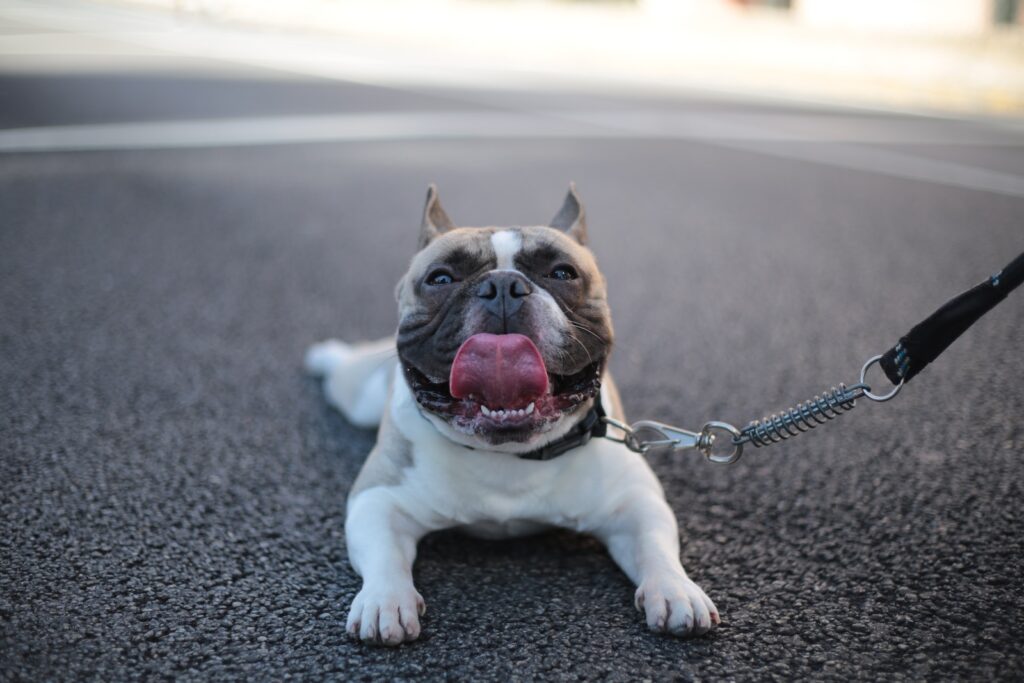Can Dogs Eat Pickles? — Yes, They Can
Pickles can be consumed by dogs, but it’s important to give them in moderation and with caution. While pickles themselves are not toxic to dogs, they contain high amounts of salt and vinegar, which can be harmful if consumed in large quantities. Therefore, it’s essential to control the portion size and avoid giving pickles as a regular treat.
Can Puppies Eat Pickles?
It’s not recommended to feed pickles to puppies. Puppies have delicate digestive systems, and the high salt content in pickles can disrupt their electrolyte balance, leading to serious health issues. It’s best to stick to a balanced puppy diet and avoid introducing pickles until they are older and their bodies are better equipped to handle such foods.
Things to consider when feeding pickles to puppies?
When considering feeding pickles to puppies, it’s crucial to remember that their bodies are still developing. Their digestive systems may not handle the excess salt and acidity found in pickles. It’s always a good idea to consult with a veterinarian before introducing any new food into a puppy’s diet to ensure their health and well-being.
Nutritional Benefits of Pickles for Dogs — Why Pickles are Good for Dogs?
1. Hydration
Pickles contain a high water content, which can help keep dogs hydrated, especially during hot weather or after vigorous exercise. However, it’s essential to provide fresh water along with pickles to ensure optimal hydration.
2. Electrolyte Balance
Pickles contain electrolytes like sodium and potassium, which play a vital role in maintaining proper nerve and muscle function in dogs. However, due to the high salt content, pickles should be given in moderation to avoid electrolyte imbalances.
3. Texture and Enrichment
The crunchy texture of pickles can provide mental and physical stimulation to dogs, which helps to keep them entertained and prevents boredom. Including a small portion of pickles as an occasional treat can add variety to their diet and promote enrichment.
Potential Allergies: Can Dogs Be Allergic to Pickles?
Dogs can be allergic to pickles, but it’s relatively rare. The most common food allergies in dogs are to proteins such as beef, chicken, or grains. However, if you notice any adverse reactions in your dog after consuming pickles, such as itching, diarrhea, or vomiting, it’s essential to consult a veterinarian for a proper diagnosis.
Symptoms of Pickle Allergies in Dogs
- Rashes or hives
- Itching and scratching excessively
- Gastrointestinal issues like vomiting or diarrhea
What to Do If Your Dog Shows Symptoms?
- If your dog displays any symptoms of an allergic reaction, it’s important to discontinue feeding them pickles immediately.
- Contact your veterinarian for guidance and seek proper treatment for your dog’s allergies.
Recommended Amount: How Much Pickles Can a Dog Consume?
Pickles should be given to dogs in small quantities as an occasional treat. It’s important to remove excess salt and limit the portion size to prevent any negative health effects. A safe guideline is to offer a few small pieces of pickle once in a while, ensuring it remains a small portion of their overall diet.
Things to Consider When Feeding Pickles to Dogs
Here are a few considerations when feeding pickles to dogs:
- Always opt for low or reduced-sodium pickles to minimize the salt intake.
- Ensure the pickles do not contain any harmful ingredients such as onions or garlic, which can be toxic to dogs.
- Monitor your dog for any adverse reactions or digestive upsets after consuming pickles.
How to Feed Pickles to Dogs: A Quick Guide
Pickles can be incorporated into your dog’s diet in various ways. Here are a few simple recipes:
Pickle Slices
You can slice pickles into small, bite-sized pieces and offer them to your dog as a crunchy snack. Make sure to remove any excess salt or spices before serving.
Pickle Yogurt Dip
Mix a small amount of chopped pickles with plain yogurt to create a creamy dip. You can use this as a topper for your dog’s regular meals or as a tasty treat.
Pickle Ice Cubes
Freeze diluted pickle juice in an ice cube tray and offer it to your dog on hot days as a refreshing and hydrating treat.
Conclusion
Pickles can be safely consumed by dogs in moderation, but it’s essential to consider their overall health, preferences, and any potential allergies. Always consult with a veterinarian before introducing new foods into your dog’s diet. Remember to prioritize a balanced and nutritionally complete diet for your furry friend.






